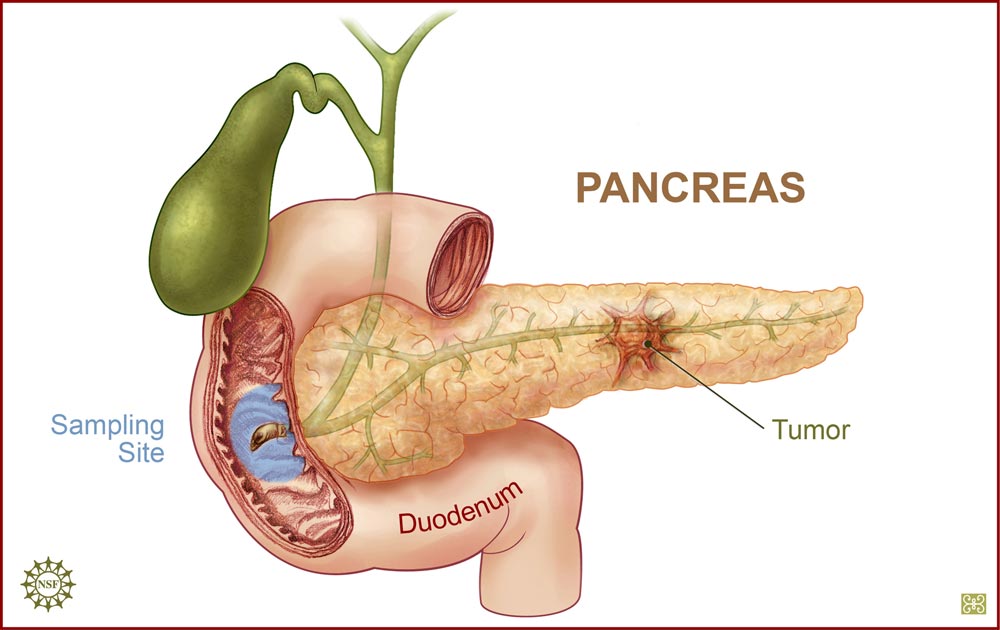 Staying with your treatment plan by Arthur AllenWebMD Feature
Staying with your treatment plan by Arthur AllenWebMD Feature
Antidepressants, especially when combined with talk therapy, generally help people recover from depression. Symptoms begin to improve within weeks for the majority of people taking antidepressants. And people who take antidepressants long-term — up to 36 months — have a relapse rate of only 18% compared to 40% for those who do not.
But if they work so well, why do so many people stop taking antidepressants within a few weeks of starting them? Or skip doses when they start to feel better?
There are many complex reasons, including the fact that many antidepressants take as long as six weeks to have an effect. but perhaps the novelist William Styron wrote it best: “The physical symptoms of this affliction [depression] trick the mind into thinking that the situation is beyond hope.”
If you have been prescribed antidepressants, here is information to help you stick with treatment – and recover from depression.
Are there Emotional Reasons People stop Taking Antidepressants?
We don’t tend to think of our brains the way we think about liver, pancreas, and knee joints. so the idea of taking an antidepressant poses a philosophical challenge for many depressed people. it may be OK to take insulin for diabetes, and no one feels alienated by a replaced hip. but the very notion that a pill can improve one’s thought patterns can be a little frightening.
“People think, ‘It will make me a zombie and will change my personality,’” says Gabrielle Melin, MD, MS, a psychiatrist at Mayo Clinic in Rochester, Minnesota. “Some people don’t even fill the initial prescription.”
Coping with Stigma and Depression
In addition to fear, there is also stigma attached to depression and antidepressants. An estimated 10% of Americans will take an antidepressant at some point in their lives. but some people still think that taking a pill to improve your mood is wrong.
“For the most part, at a dinner party you can say. ‘I just got diagnosed with diabetes and I have to give myself shots,” says Melin. ”But you’re not going to say, ‘I was diagnosed with anxiety or depression.’ There’s still a feeling that depression is some type of character flaw, that you must be doing something wrong, and you should be able to pull yourself up by your bootstraps.”
“Someone will be taking an antidepressant but maybe a family member says, ‘Are you still on that stuff? is it a crutch?’” says Jonathan E. Alpert, MD, PhD, chief of clinical psychiatry at Massachusetts General Hospital. “There’s a misconception that antidepressants are happy pills. And as a result, a person might have made the move to get treatment, but someone around them is undercutting their efforts.
“When I went to medical school 30 years ago,” Alpert added, “no one would have ever admitted to being depressed … now it’s kind of expected that you, friends, or family members have been on antidepressants. but there are still cultures where it’s stigmatized, and there are individual families where it might be the worst thing to admit.”